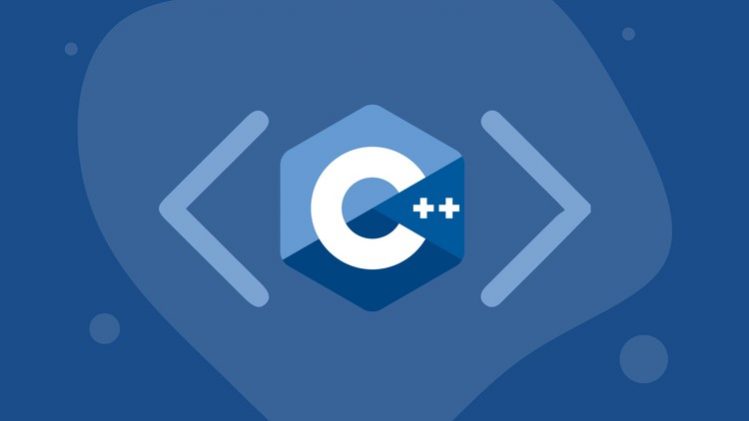
Know about the different data types
Know the definition of a variable
Know about variable declaration
Know how to input data from a user
Know how to output data to the screen
Know about the order of precedence rule
Know about all arithmetic operators
Know how to add comments in your program
Know about all relational operators
Know about common logical operators
Understand boolean expressions
Understand the different types of errors
Understand conditional statements
Understand how loops work
Understand why and how we use 1D arrays
Understand why and how we use 2D arrays
Learn how to declare and define functions
Learn about built-in functions in libraries
Learn about the scope rule
Learn how to search an array using functions
Learn how to sort an array using functions
Learn how streams work
Learn how to declare streams
Learn how to connect a stream to a file
Learn how to input data from a file
Learn how to output data to a file
Learn how to read an entire file
Learn how to use streams with functions
Learn about default arguments
Know about string functions
Know about ascii table
Know how to compare strings
Know how computer memory works
Know what a pointer is
Know how to declare and initialize pointers
Know how to create dynamic variables
This is the first programming course offered in university. I remember spending that one winter break reading a C++ book and being excited when I wrote my first ever program. I have thoroughly read the book and solved many practice problems, which is why I ended up getting an A without attending the lectures. If you want to learn programming, or anything for that matter, find the best resources and invest your time and money into it.
Prerequisites
None
Recommended Book
Problem Solving with C++ 10th Edition by Walter Savitch
About this Course
You will learn the basics of programming. In particular, we focus on procedural and functional programming



No comments:
Post a Comment